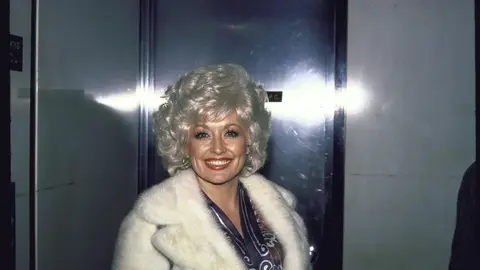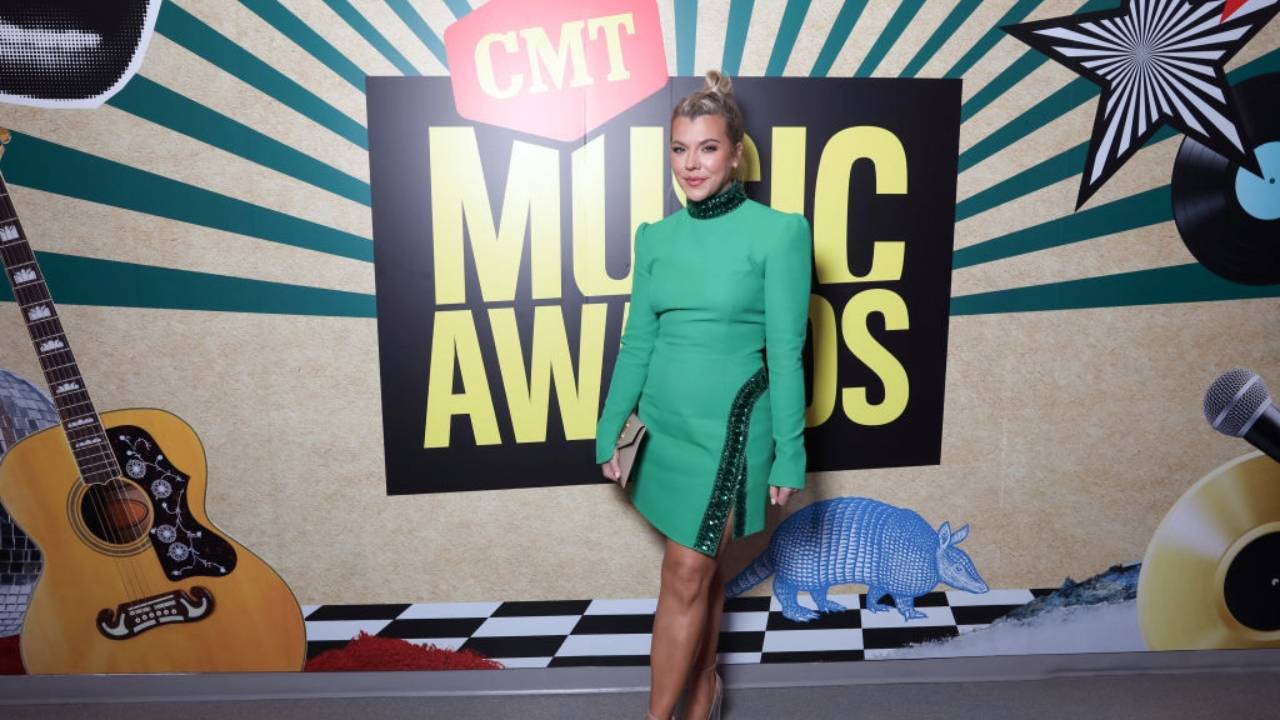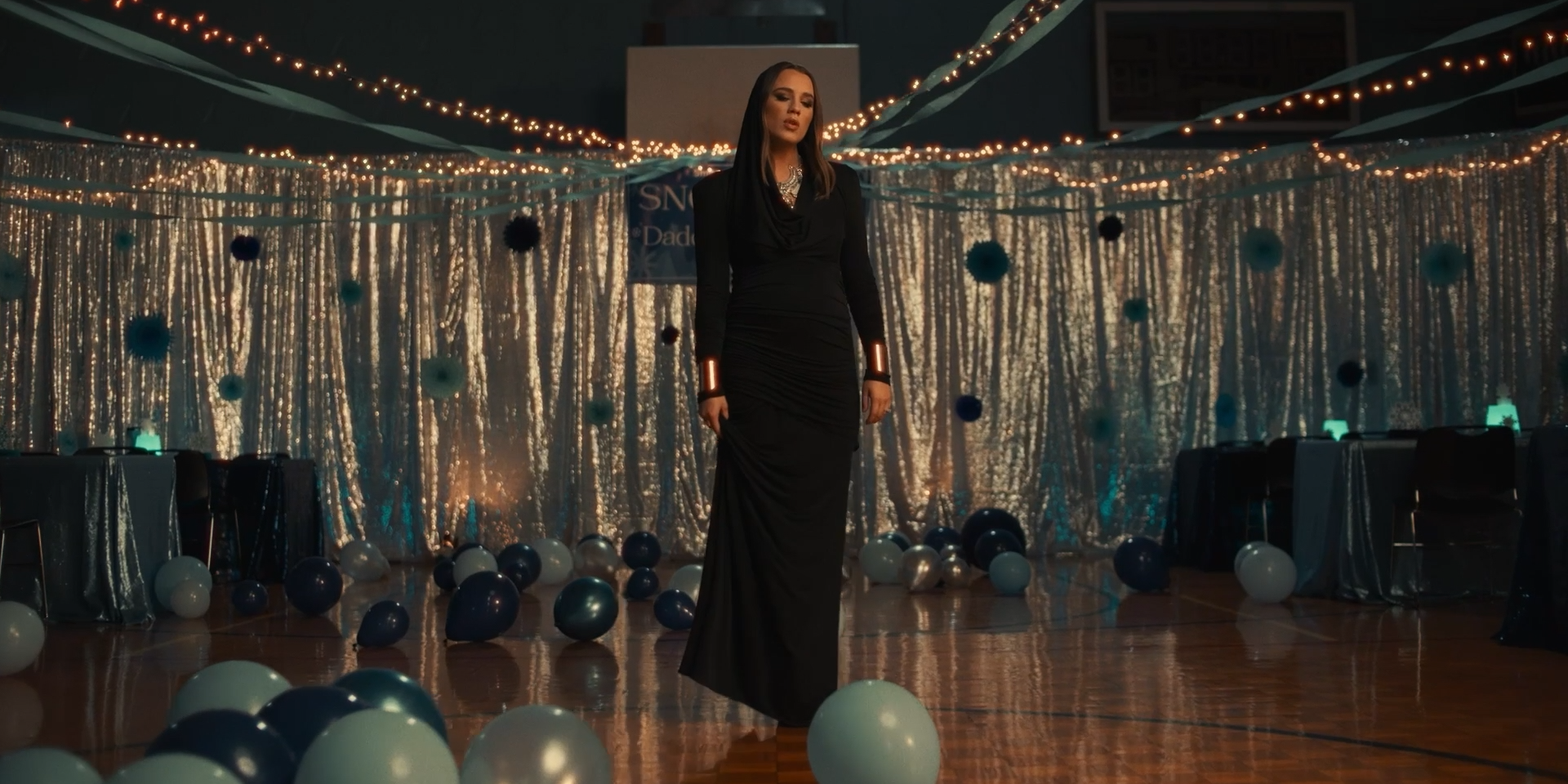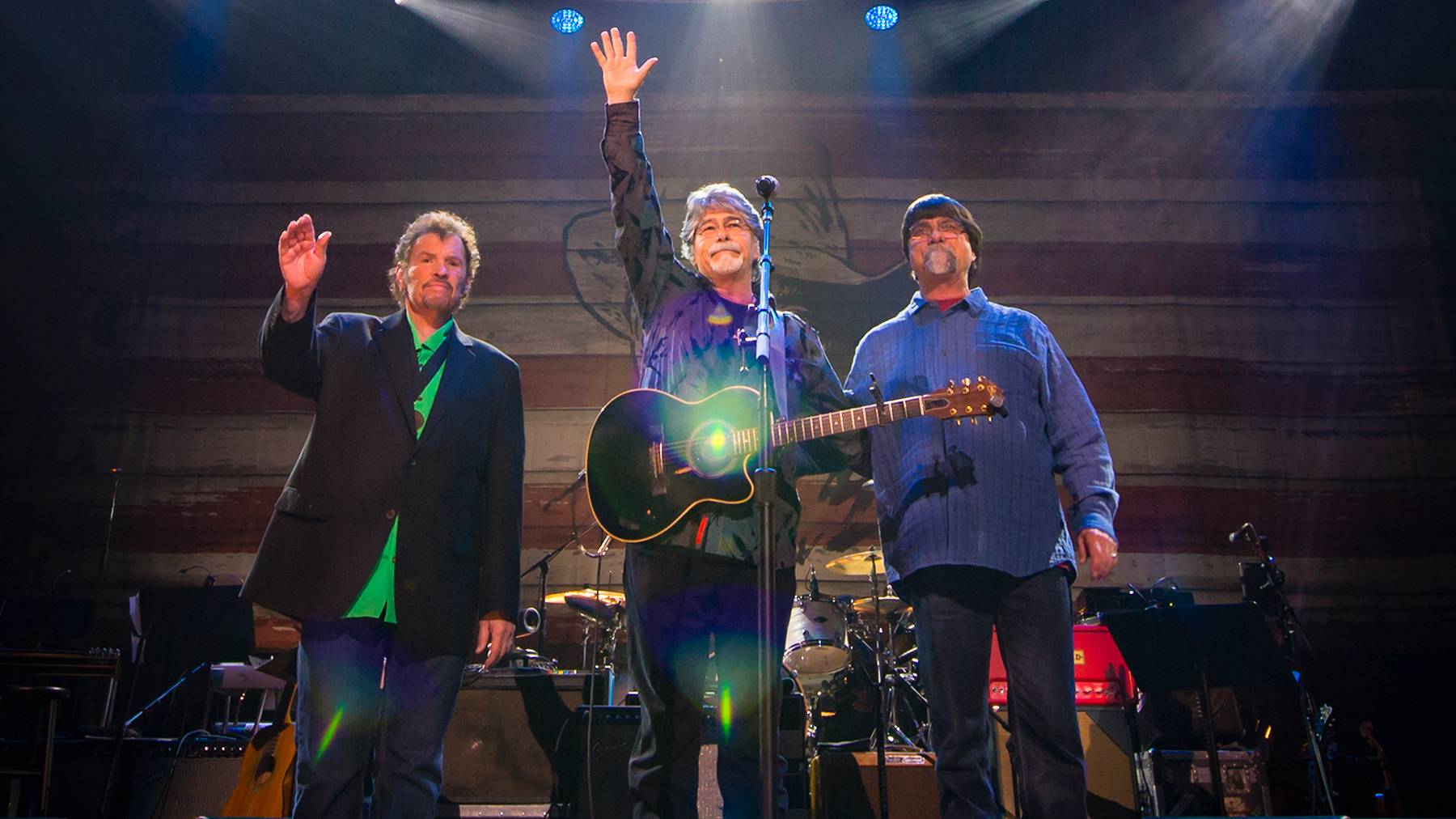CMT Rewind: 40 Years Ago Today, Dolly Parton Released "But You Know I Love You"

Released by Dolly Parton to its greatest acclaim on March 16, 1980, "But You Know I Love You" has endured as one of country music's most legendary ballads. Released no fewer than a dozen times between 1968-1980, the song originally performed by Kenny Rogers and The First Edition in 1968 followed "9 to 5'"s lead as a number-one hit on Billboard's Hot Country Singles chart.
The song is unique because its popularity and chart-topping grew over the decade past its debut. In 1968, Kenny Rogers reached the top-20 of Billboard's Hot Country and Adult Contemporary charts. One year later, Bill Anderson achieved the number two position on the Hot Country charts. One decade later, Parton hit number one on the Hot Country Charts, plus number 14 in crossing over to Adult Contemporary.
Artists, including Elvis Presley's background vocalists The Sweet Inspirations and Motown hitmaker (and Marvin Gaye collaborator) Kim Weston, also covered the track. However, it's Parton's version that achieved the greatest success, as it also was the number six overall Hot Country song of the year on Billboard's Year-End country charts for 1981, 18 months after its initial release.
First Edition member Mike Settle wrote the song, alongside other First Edition tracks including "It's Gonna Be Better," "The Last Few Threads Of Love," and "Goodtime Liberator." "But You Know I Love You" is his greatest-selling hit.
The song's greatest appeal came by way of ushering in the "Nashville Sound." In 1969, Owen Bradley produced Bill Anderson's take on the production. Regarding his production sensibilities -- and of the more "countrypolitan" era -- Bradley once noted, "Now we've cut out the fiddle and steel guitar and added choruses to country music. But it can't stop there. It always has to keep developing to keep fresh."
Parton's version was a part of her 1980-released album 9 to 5 and Odd Jobs, which was released during the same period as her starring role in the film 9 to 5 catapulted her to global mega-stardom. However, though her sound before 9 to 5's release had meshed the "Nashville Sound" with an even more polished pop/rock hybrid sound, this album's number-one singles also including "But You Know I Love You" and a dramatic recitation of 1964 Eric Burdon and the Animals smash "The House of the Rising Sun" showcased Parton's desire to return to a more traditional pop-country aesthetic. This was also highlighted by the album featuring folk and country classic duets with Woody Guthrie, Mel Tillis, and Merle Travis.





